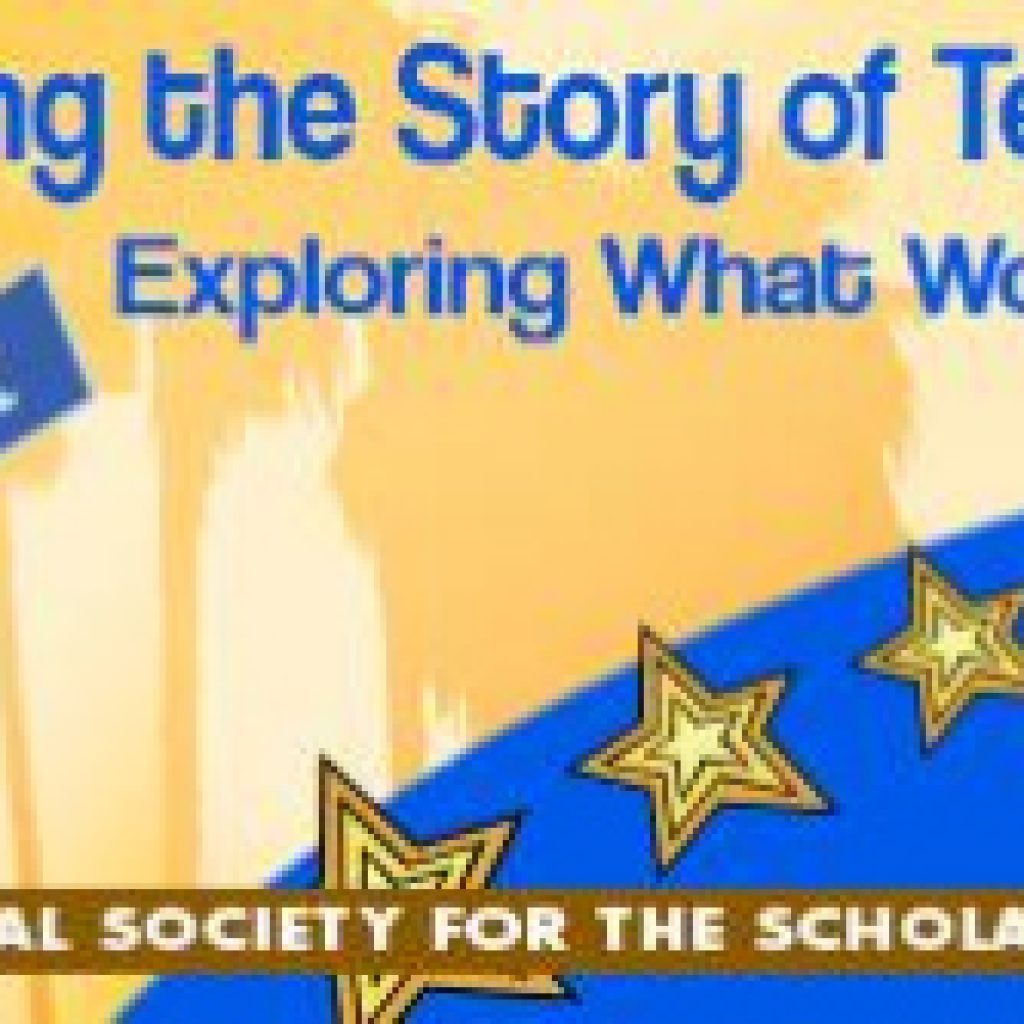Telling the Story of Teaching and Learning Exploring What Works, When, How, and Why
October 12-15, 2016 Loyola Marymount University Los Angeles, California
Organized by the LMU Center for Teaching Excellence with special thanks to Dorothea Herreiner
Program compiled by Brandon Clementi

Table of Contents
Keynote Addresses
| Daily, Wednesday through Saturday | 3 |
Wednesday, October 12th
Pre-Conference Workshops:
| All-Day Workshops | – | 6 |
| Morning Workshops | 9:00 am – 12:30 pm | 7 |
| Afternoon Workshops | 1:30 pm – 5:00 pm | 8 |
Thursday, October 13th
| Parallel Sessions A | 9:00 am – 10:30 am | 11 |
| Parallel Sessions B | 11:00 am – 12:30 pm | 25 |
| Parallel Sessions C | 3:30 pm – 5:00 pm | 38 |
| Poster Session | 5:00 pm – 7:00 pm | 54 |
Friday, October 14th
| Parallel Sessions D | 11:00 am – 12:30 pm | 69 |
| Parallel Sessions E | 2:00 pm – 3:30 pm | 83 |
| Parallel Sessions F | 4:00 pm – 5:30 pm | 96 |
Saturday, October 15th
| Parallel Sessions G | 9:00 am – 10:30 am | 108 |
Keynote Addresses
Plenary Session:
Wednesday, October 12th, 6:45 pm – 8:00 pm
Reading the Stories of Teaching and Learning
Karen Manarin, Mount Royal University
To begin this conference about Telling the Story of Teaching and Learning, I ask us to identify and consider our assumptions about the genres of SoTL. Genres like poetry, fiction, or scholarly articles invite different types of reading; within each genre, and subgenre, conventions shape our expectations and reading practices. How does the way we read SoTL influence (and constrain) the way we understand teaching and learning? Moving beyond Ashwin and Trigwell’s (2004) levels of scholarly investigation and Hutching’s (2000) taxonomy of questions, we will explore the generic conventions that shape the stories we tell. Genre provides a necessary frame of reference that helps readers understand text. As genre-theorist Chandler (1997) notes, “Generic frameworks may function to make form (the conventions of the genre) more ‘transparent’ to those familiar with the genre, foregrounding the distinctive content of individual texts.” While stories and storytellers who fit easily within a dominant generic framework often benefit from this transparency, stories and storytellers who are too far outside the framework risk being silenced. Readers who experience generic conventions as transparent may expend less energy understanding text, but they lose the opportunity to experience a productive friction which allows them to see the familiar anew. In this plenary, I will use a combination of poetry, literary theory, and SoTL studies to explore different ways of reading in order to make the conventions of SoTL less transparent.

